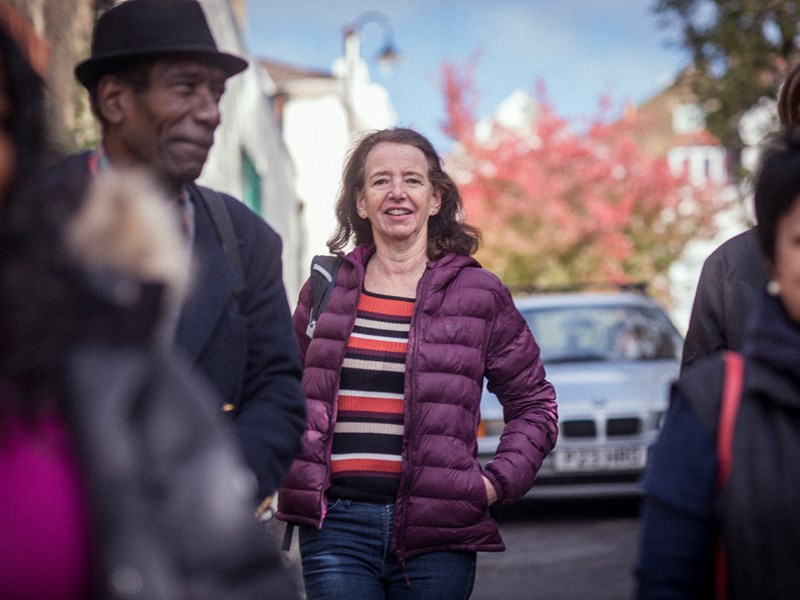ARC NWC plays a key role in securing funding for new member research collaborations

Thousands of people across the North West Coast will benefit from investment in new research collaborations designed to tackle health inequalities and improve health outcomes in local areas across the region.
The National Institute for Health and Care Research (NIHR) is investing in a second wave of funding for 11 new Health Determinants Research Collaborations (HDRCs) over the next five years. ARC NWC has been working closely with its members Cumberland Council and Liverpool City Council to apply for funding for a HDRC in each area covered by the authorities and these have now been confirmed as successful adding to the Blackpool HDRC funded in wave 1 last year.
The HDRCs are innovative local government partnerships designed to boost research capacity and capability in some of the UK’s most deprived areas. They will span the administrations and include a mixture of urban, rural and coastal areas. Boosting research capacity in coastal and rural communities is a key part of NIHR’s work with under-served communities.
The new HDRCs announced are expected to go ‘live’ on 1 January 2024. The new HDRCs follow in the footsteps of 13 successful HDRCs already established following the first wave of funding. This will bring the total to 24 live HDRCs as of 1 January 2024, with an expectation that the total cohort will grow to 30 HDRCs, with an annual recurring investment of £30 million.
Professor Mark Gabbay, Director of ARC NWC, said: “I am delighted to see us delivering effective partnership working with two of our members. This follows our work in the first wave with Blackpool Council and its partners to improve the overall health of one of our most deprived coastal communities. We held workshops at ARCFESTs regarding these second wave bids which brought key members of the collaboration together, so helping facilitate those sessions has been very beneficial in securing this additional investment to identify and help tackle health inequalities blighting our communities.”
The Cumberland Council bid for an HDRC was supported by ARC colleagues at University of Central Lancashire and the University of Cumbria, in addition to collaborative working with ARC North East and North Cumbria.
Professor Ben Barr, Theme Lead for ARC’s NWC Improving Population Health Theme and Professor in Applied Public Health Research Public Health, Policy & Systems, was instrumental in bringing together the parties to help secure the Liverpool HDRC, working alongside Liverpool City Council and other partners. Liverpool City Council’s £5 million of national funding will be used to deliver a data-led approach to tackling inequalities.